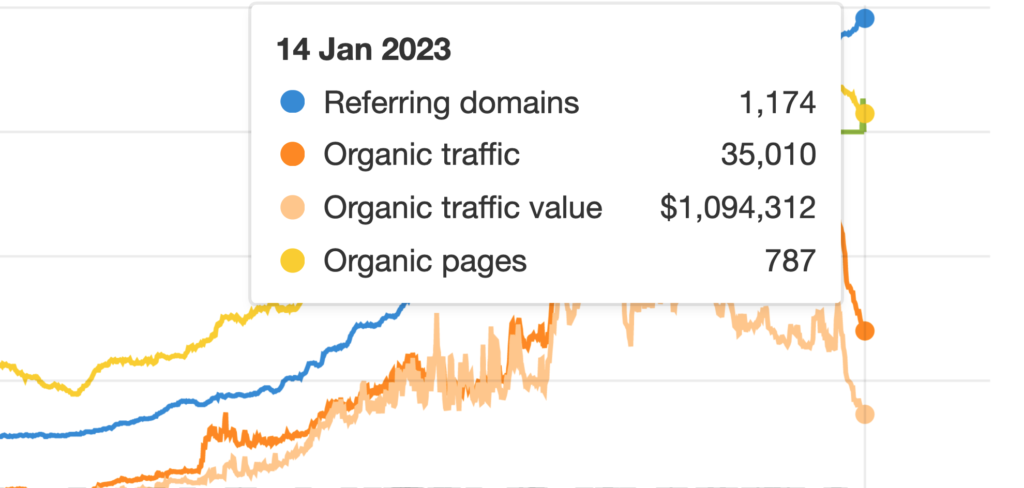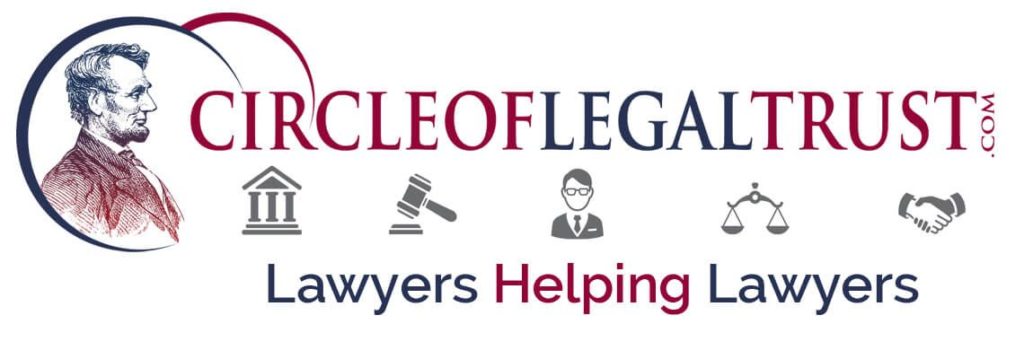Twitter Exposed! Can I Sue Twitter, a State Actor, for Censor Banning Me?

If the facts released by Musk are true yes you can and it is well settled law. Twitter’s suppression of Hunter Biden’s story rang alarm bells across the United States and came under scrutiny in the last two years. However, it has now been proven and is no longer a conspiracy theory that public officials pressured social media companies to remove any content from their sites that made democrat candidates, in particular, Joe Biden, look bad. Let’s explore how the government, with help from the FBI, allegedly uses section 230 of the Communications Decency Act to wash away its own sins and circumvent the First Amendment.
Hunter Biden’s Laptop Story Suppressed by Social Media Companies on the Request of Government Officials
According to the emails obtained by The Post in 2020, then Vice President Joe Biden pressured the Ukrainian government officials to fire the prosecutor investigating an energy company, Burisma. The move came a few months after Hunter Biden introduced his father to the top board members of the company. Then candidate Biden denied knowing about, or even discussing any of these corrupt business dealings.
The meetings were not made public, but after the leaked emails, it became potentially clear that the the former United States Vice President had his hands dirty after Vadym Pozharskyi, an adviser to the board of Burisma, thanked Hunter Biden in one of the messages. Before that, in an email in March 2014, Pozharskyi asked for help from Hunter Biden on how he could use his influence to swing matters in Burisma’s favor. Hunter apparently called his dad the “big guy,” and made clear he would get a percentage of the influence peddling take.
The massive trove of data contradicting President Joe Biden’s claims that he never speaks to his son about his overseas business dealings surfaced after Biden’s laptop ended up at a Delaware laptop repair shop.
Before handing over the laptop to the FBI, the shop owner provided a copy of the contents to former Mayor Rudy Giuliani’s lawyer, Robert Costello, who sent it to The Post.
Biden Threatens to Withhold U.S. Loan if Hunter is Investigated and Ukrainian Prosecutor Isn’t Fired?
Yes, this is 100% true! During the December 2015 trip to Kyiv, Vice President Joe Biden threatened to hold the $1 billion US loan to the Ukrainian government if they did not fire the prosecutor investigating the Ukrainian energy firm, Burisma.
Prosecutor General Viktor Shokin, in March 2016, went on to state that he had made an entire investigation plan on how he would approach the Burisma case, including interrogation and crime-investigation procedures against the top executives, including Hunter Biden.
Following the email leaks, Hunter Biden’s lawyer came forward to deny all allegations and attacked Giuliani instead, stating that he was relying on information passed by Russian intelligence and creating conspiracy theories. Joe Biden also continued to deny such allegations, calling the people who raised their voices about the leaks a liar.
The main question arises if these were all hoaxes and conspiracy theories, why were Twitter and Facebook forced to ban any content relating to the Hunter Biden laptop story?
Social Media Companies Slow Down “Free Speech”
Leaked emails and stories about Hunter Biden’s overseas business dealings started to surface a month before the 2020 presidential election campaign.
Facebook and Twitter “slowed” the news spread until third-party could fact-check the alleged information. Facebook spokesperson Andy Stone confirmed that the company is “reducing its distribution.”
According to Facebook, the algorithm downgrades content once fact-checkers find it false. However, suppressing Hunter Biden’s story before fact-checkers even had a chance to review the story is a severe anomaly.
Twitter Also Reacts to Hunter Biden’s Story by Blocking Content under Hacked Materials Policy
After Facebook took restrictive action, Twitter soon followed as it deleted links to the Hunter Biden laptop story shared on the platform. A Twitter spokesperson told media that the social media platform is banning the content as it violates the company’s “Hacked Materials Policy.”
Twitter started blocking users from posting the Hunter Biden story and similar content, stating that it would create a foreign disinformation campaign. After receiving serious backlash from the public, then-CEO Jack Dorsey admitted that the initial decision was a serious mistake.
Will Elon Musk Change How Private Social Media Companies Operate?
Matt Taibbi, an independent journalist, recently spoke about the censorship relating to the content in Hunter Biden’s laptop. He reported that the Biden administration “requested” Twitter and Facebook to delete the nude photos as it violated the company’s revenge porn policy.
Elon Musk became the CEO of Twitter after announcing to purchase it for $44 billion on April 14, 2022, and completed the takeover in late October 2022. Musk stated that he is going through the company files to expose how Twitter engaged in free speech suppression.
Twitter posted a handful of screenshots within 24 hours about the company debating whether they should restrict the controversial Hunter Biden story. The screenshots highlight the employees involved in making such a decision.
Former Twitter Trust and Safety chief Yoel Roth, also mentioned in the screenshots, stated that such actions by the company put front-line employees in harm’s way. In a Twitter Audio chat, Musk said he took some missteps but argued that all these steps were to build trust between the company and the public.
Elon also took a jab at the media for not taking the Twitter leaks seriously, stating that instead of apologizing for lying to the public, the media is acting as if the leaks are not contentious.
Since his takeover, Musk continues to refer to Twitter as a “de facto town square,” stating that the place is for everyone to speak freely, as long as it is within the boundaries of the law. He also removed the ban on far-right influencers, politicians, and people associated with extremist ideology. Recently, Elon also removed the ban from former president Donald Trump and has shown his support for the Republicans.
Taibbi also revealed some screenshots of the conversations that revealed that Twitter banned the White House spokeswoman Kayleigh McEnany following her views on the Hunter Biden story before the 2020 presidential campaign. In the screenshots, it is evident that an angry Donald Trump campaign staffer emailed the company to explain the ban and when they would unblock the account.
Mike Hahn, the former Trump staffer, spoke about the decisions made by Elon Musk and how they vindicated the party and their claims against social media companies for showing bias toward the democratic government.
The release of thousands of documents by the new CEO, Elon Musk, speaks volumes about the Democratic National Committee being in bed with social media companies. Those looking to discuss the controversial Hunter Biden laptop story were “handled” by Twitter employees before the presidential campaign.
At the time, Twitter even suspended the account of the New York Post for reporting on the scandal and blocked users using their tool designed to combat child pornography.
Can I Sue Twitter, a State Actor, for Censor Banning Me?
Many saw social media companies’ removal of the content as biased towards the democratic government. According to Elon Musk, the censorship by Twitter is not suppression of free speech, but if forced by the government to censor content with no judicial review is suppressing free speech.
Since that statement made by Elon Musk, many legal experts have spoken about the issue. They believe that the representatives of the 2020 Biden campaign are not holding any government position, which makes them private parties and not government officials, and the request for censorship does not violate the First Amendment of the constitution.
Twitter and other social media companies are private social media companies or non-government actors, which means they can set their own rules and enforce them to their liking. It is challenging to bring a case against private social media companies for “suppressing free speech”; however, a court trying to do something about these companies would violate the company’s First Amendment rights.
If social media companies collude with government actors to restrict free speech, there may be a civil rights claim. In such cases, the evidentiary bar is quite high, and the evidence must be strong to back the allegations.
Social media sites can ban anyone over any issue, even an official government account, for arbitrary and inscrutable reasons. The truth is that there is nothing the public can do about how these companies run since they are government actors. People keep filing cases against these private companies for violating first amendment rights, but the courts always end up defending social networks across the country.
Let’s look at some of the cases against social media companies and their verdicts:
- Charles C. Johnson v. Twitter: In 2018, a conservative activist filed a lawsuit against Twitter for banning him, stating that the move violated his first amendment rights. However, the court dismissed the case arguing that the company has the right to ban anyone they want for threatening tweets, as mentioned in Twitter’s policies.
- Jared Taylor v. Twitter: In 2018, a white nationalist sued Twitter for banning him, and the complaint alleged discrimination for the plaintiff’s racist viewpoints. The California court allowed the case to move forward, but Taylor’s luck dried out when the California appeals court stated that Section 230 of the Communications Decency Act protected the company’s moderation choices.
- Craig Brittain v. Twitter: Another case in 2018 filed by Brittain stated that the company violated his first amendment rights and also alleged infliction of emotional distress. Again, the court dismissed the case.
The main argument here is not whether you can bring a civil case against non-government actions because that is not allowed, as evidenced by several Supreme Court rulings. In the Manhattan Community Access Corp. v. Halleck case, the Supreme Court made it clear again that an online company is a private entity, not a state actor.
The argument is that the government is using social media platforms to ban undesirable political speech. If Congress decides to do this directly, it would be unconstitutional. Section 230 of the Communications Decency Act protects social media platforms from civil and state criminal liability for excluding “offensive” material.
The democrat-run government is hiding behind the immunity provided by section 230 and using it by forcing social media companies to do their bidding.
For years, public officials have pressurized these companies to ban undesirable hate or political speech or “false news,” threatening them with regulations if they did not follow the orders. The White House has too much control over social media platforms. Remember when Facebook happily agreed and colluded to delete Fauci’s parody social media account upon a single government official request?
The litigants and judges are slow to see that when the state colludes with private companies, these companies become state actors for which you can sue the company for violating your First Amendment rights.
When Does a Government Social Media Account Acts as a Government Actor?
When a government official uses their social media account to publicly announce government information, the official cannot stop people from discussing it, commenting on their posts, or sharing their views. Public officials cannot discriminate against an individual from their social media accounts as that would be a violation of their free speech rights. But that is precisely what big tech, along with former Obama FBI appointments have been doing since at least 2016.
Do you have a case? One of our donors or supporters may be able to help you get back all your lost revenues and damages lost due to these politically corrupt government actors colluding with their political operatives working at Twitter and likely Facebook and other social media platforms.


